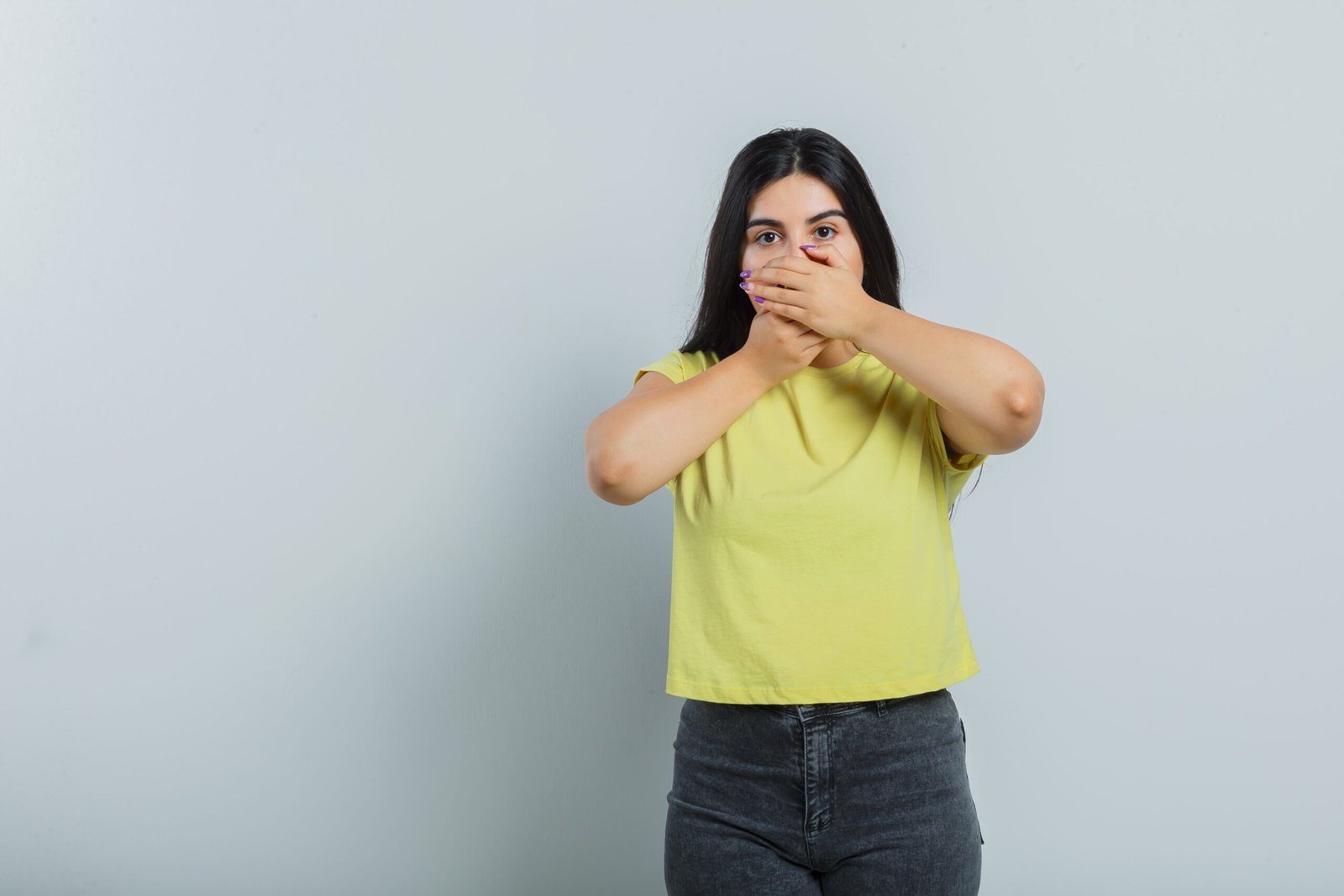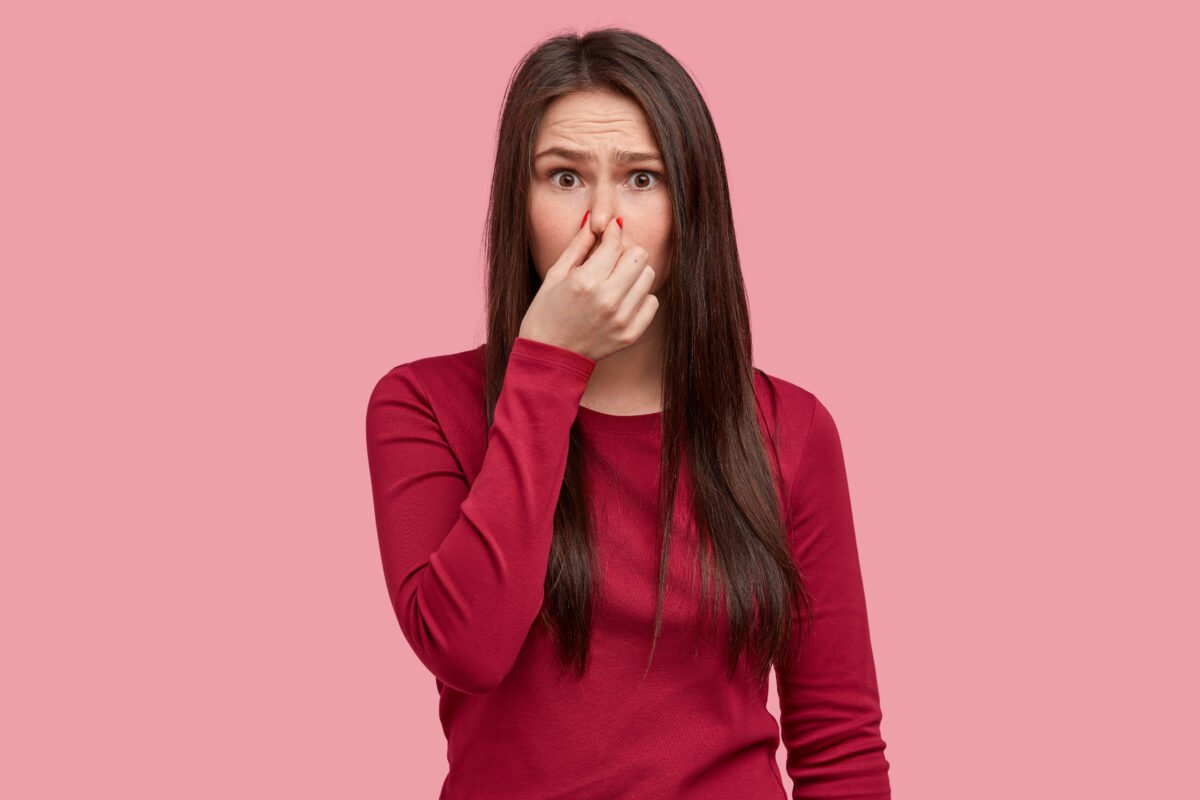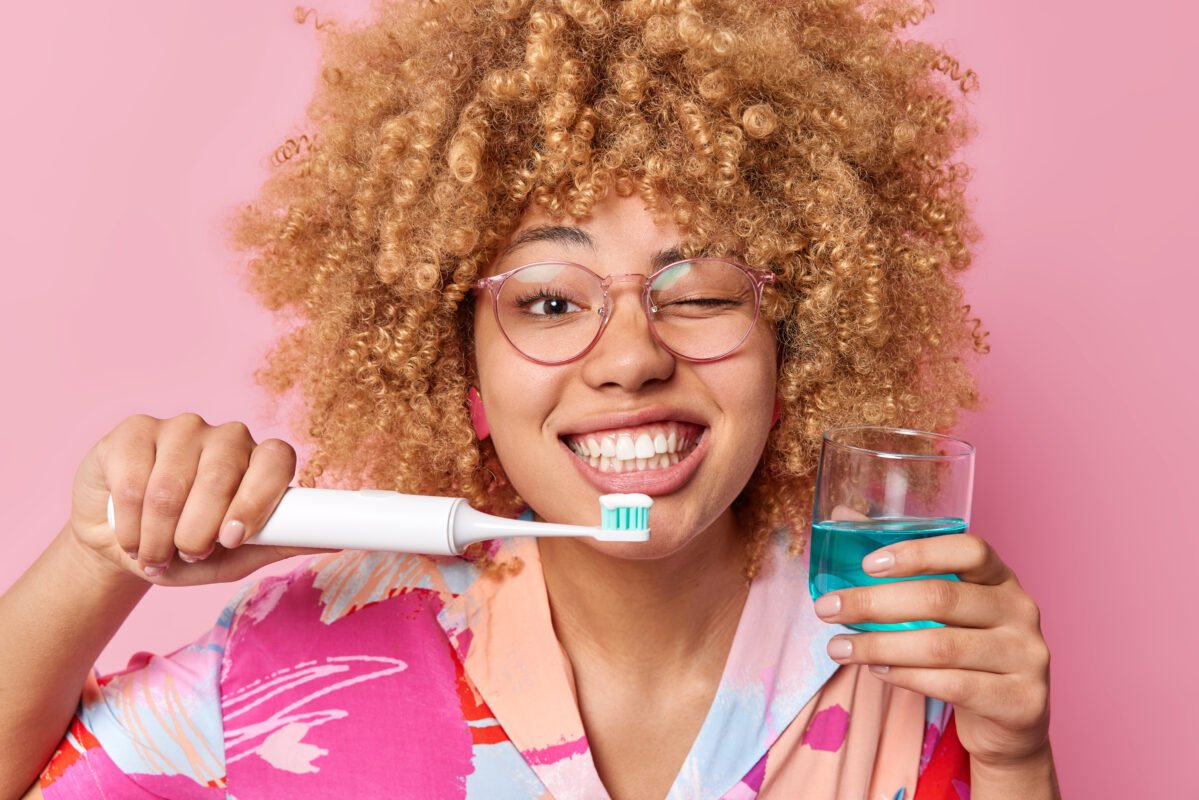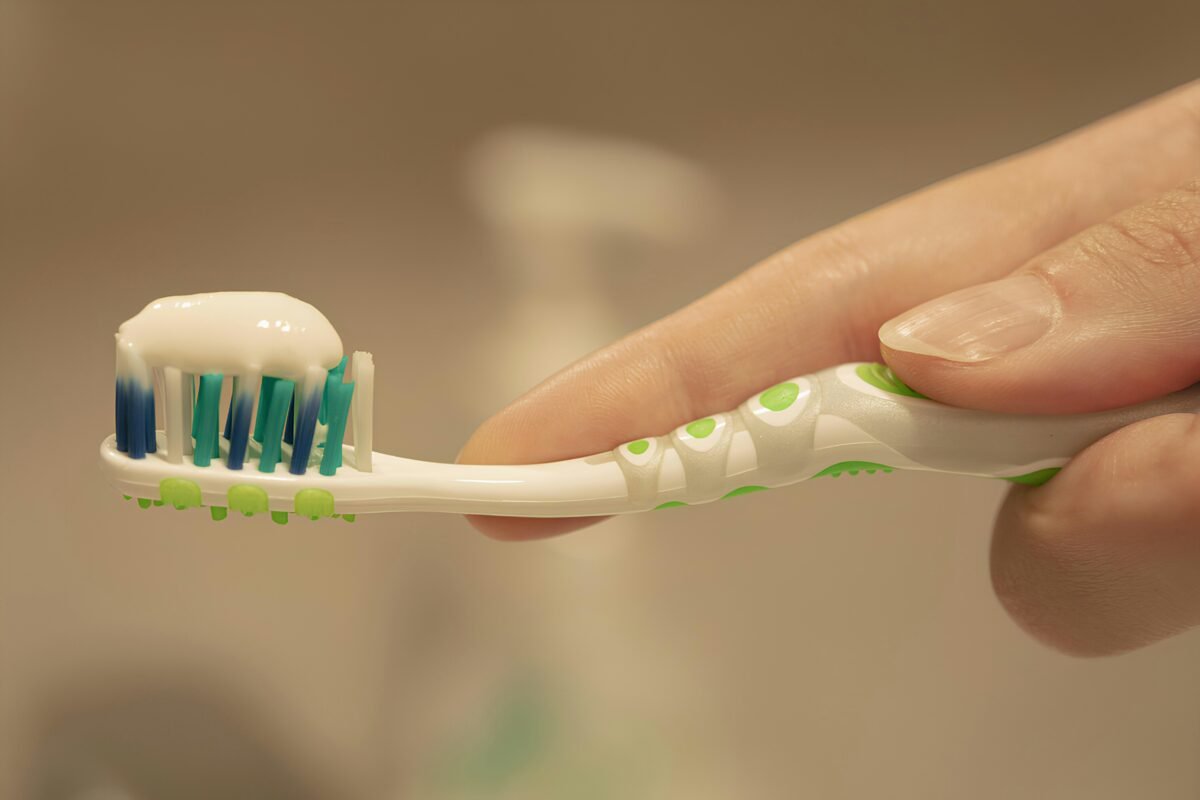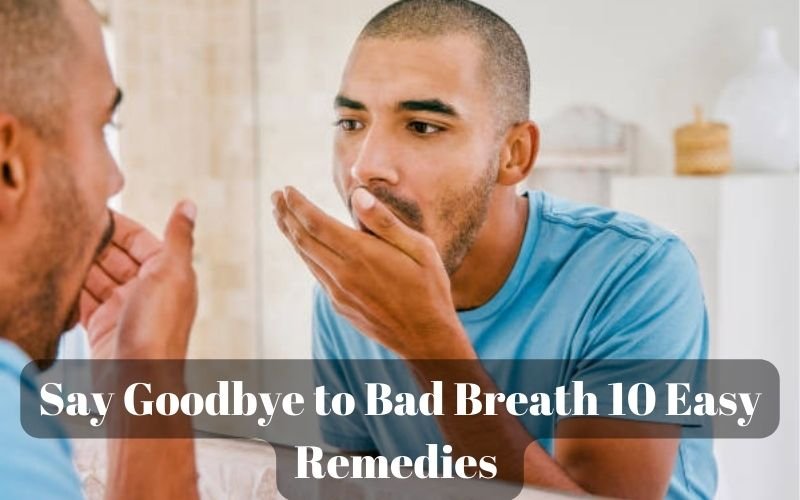Dental hygiene, as well as consuming foods like parsley and fruit such as pineapple, may help reduce bad breath from the mouth. If you have bad breath because of a medical problem, treating it may help. In this article, we will discuss the remedies to eliminate bad breath.
Causes of Bad Breath
Bad breath can be caused by a variety of factors, just as there are several bacteria in the mouth that cause it. Bad breath could be caused by the following:
Poor Oral Hygiene
Food remains in the mouth unless brushing and flossing are not done correctly and regularly, along with routine dental checkups. This is a place for bacteria to grow. Food that gathers on the teeth, gums, and tongue can decay. This creates a bad smell and taste in the mouth.
Several Foods
The foods you eat affect your dental health, especially your breath. Garlic, onions, and other foods get absorbed into the bloodstream. Unless the food exits the body, it has the possibility to impact your breathing.

Tobacco
Cigarettes, cigars, smokeless tobacco products, and snuff discolor the teeth and increase the risk of a variety of disorders. However, they can also contribute to bad breath. People who smoke are also more likely to develop the following:
- Oral Cancer
- Loss of taste
- Irritated Gums
Improper Denture Cleaning
Dentures that are not properly cleaned may collect germs, fungi, and residual food particles, resulting in foul breath.
Health-related Problems
Diabetes, a gastrointestinal illness, a liver or kidney disorder, an infection of the nose, windpipe, or lungs, chronic sinusitis, and other medical issues can all cause bad breath.
Remedies For Bad Breath
Proper Dental Hygiene
Poor dental hygiene is the leading cause of bad breath. Keeping a healthy mouth requires preventing plaque development. Brush your teeth for two minutes each day and night with fluoride toothpaste.
Some people believe that brushing their teeth after each meal is essential for preventing decay and unpleasant breath. Flossing at least once a day will prevent bacteria from forming on food particles caught in your teeth.
Bacteria can also develop on the tongue, resulting in an unpleasant smell. Tongue scraping might help you eliminate this thin coating of film. Brush or clean your tongue once a day with your toothbrush or a tongue scraper.
Drink Water Frequently
Bacteria in your mouth naturally protect teeth from deterioration. However, it also contains a lot of dangerous germs that produce smelly plaque and tartar development.
Drinking water is the most effective technique to eliminate foul-smelling germs.
Some believe you should drink eight glasses of water every day. Others suggest that you drink half your weight in ounces. Whatever guideline you follow, make sure you drink lots of water every single day.
Clean Your Mouth
Food gets stuck in your teeth and gums. If you choose to wait until night to brush it away, it will remain in your mouth for hours. Based on the food, this can result in extremely terrible breath.
Regardless of whether you brush after eating or not, you should rinse your mouth. A warm water and salt mixture is an easy way to rinse your mouth.
When your mouth feels dry, it can also lead to poor breath. You require saliva to wash away bacteria and thus the smell. Cleaning with water can stimulate the production of saliva, which helps to eliminate microorganisms.
Care for Your Gums
The gums are fragile areas of your mouth that are vulnerable to infection. Food is easily trapped behind the gum line and ignored when brushing. Make sure to care for your gums in the same way you take care of the teeth.
Brush along the gumline in small circular motions. Wide strokes should never be used to brush the gums since they might cause harm.
Flossing is really important for cleaning your teeth and gums. Always ensure that you floss every night to remove any remaining food particles.
Stop Smoking
The use of tobacco cigarettes can lead to unpleasant breath, among other problems. Smoking has been proven to cause: Plaque formation on the teeth, Inflamed salivary glands, and Increased risk of getting gum disease.
Certainly, chewing and smoking tobacco can result in bad breath. Quitting smoking and chewing can help you have better breath.
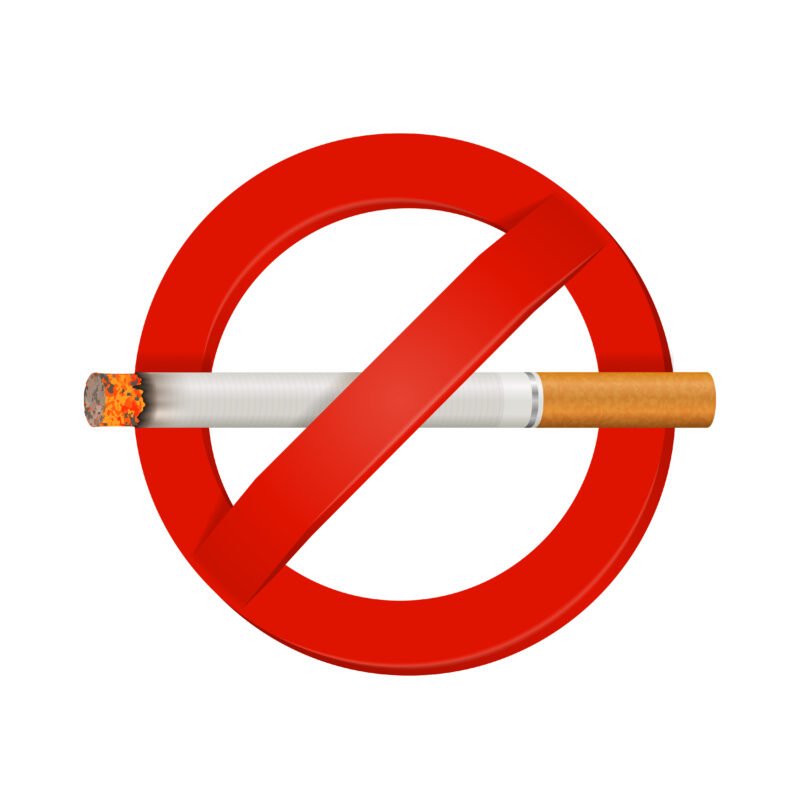
Eat More Probiotics
Unbalanced intestinal bacteria can sometimes produce bad breath. Consuming probiotic-rich foods (that consist of yogurt, sauerkraut, kimchi, miso, and pickles) can help to rebalance your intestinal bacteria.
If you don’t have enough digestive enzymes, the food you eat won’t break down properly. Instead, it produces a terrible smell that travels into your mouth. The foods mentioned above also boost digestive enzymes.
Apples
Apples can help promote good oral health. Chewing apples can stimulate the gums. They are also helpful in the removal of plaque that has accumulated between teeth.
Furthermore, apples increase saliva production, which wipes away bacteria. Furthermore, because apples do not have a strong smell, they do not add to bad breath.
When should you see a doctor?
The majority of bad breath is caused by poor oral hygiene. However, in rare circumstances, poor breath indicates a more serious illness, such as diabetic ketoacidosis, kidney damage, or an infection. If your bad breath does not improve with remedies at home, see your doctor or dentist.
Conclusion
If you truly want to get rid of bad breath, follow the steps mentioned above. Make sure that you are taking proper care of your mouth and teeth. And that you are drinking plenty of water.
The most important thing to do after following a regular tooth hygiene practice is to visit your dentist. Make regular appointments for cleanings and assessments.

